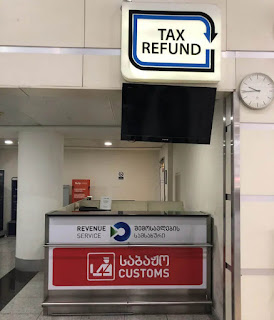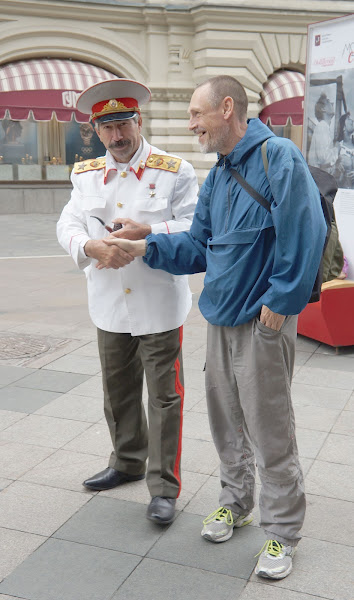The L-countries: Luxembourg and Liechtenstein
A visit to the L-countries, Luxembourg and Liechtenstein, on our way from Netherlands to Germany made a worthwhile detour.
We hadn’t visited the tiny Central European countries of Luxembourg and Liechtenstein before. This time they were on our way from Brussels to Bavaria, Germany, so we ticked them off on our country list.
Luxembourg and Liechtenstein were both a pleasant surprise, and rather secluded either by geography (Liechtenstein which is surrounded by the Alps), or by their own language and culture (Luxembourg). The locals we met seemed content to spend the rest of their lives in the same place, and in Liechtenstein even moving from one village to another seemed to pose mental obstacles for many — after all, five kilometers is a drastic change. The people in the next village might speak a different dialect and have strange habits.
In Luxembourg, banking is the largest business. Those who are not employed by a bank are likely to work in the public sector. Wages are high but so are the living costs. Although Luxembourg is near to big agricultural producers like the Netherlands, food is expensive. Tomatoes, for instance, cost four Euro a kilo even though it was the season. Luxembourgians (why not Luxemburgers?) explained us that locals get suspicious if something is inexpensive; there has to be something wrong with it.
Luxembourgians are multilingual. They speak Luxembourgian which for us sounded very much like German. It is a spoken language only, and schools teach in German and in French. In Liechtenstein people speak their own German dialect which is close to Swiss German. Swiss francs are used as currency, and Liechtenstein is not even part of the European Union. Compared to Luxembourg with half a million inhabitants, Liechtenstein is a dwarf: only 36 000 inhabitants. When walking around, it is easy to spot which company brings most of the money in: Hilti. They make products for the construction, building maintenance, tools, and mining industries. If Luxembourg felt expensive to us, prices in Liechtenstein were outrageous. Our tomato index reached a record high, five Euro a kilo. Still it was nice to visit, and also a pleasure to leave for Germany.










Comments